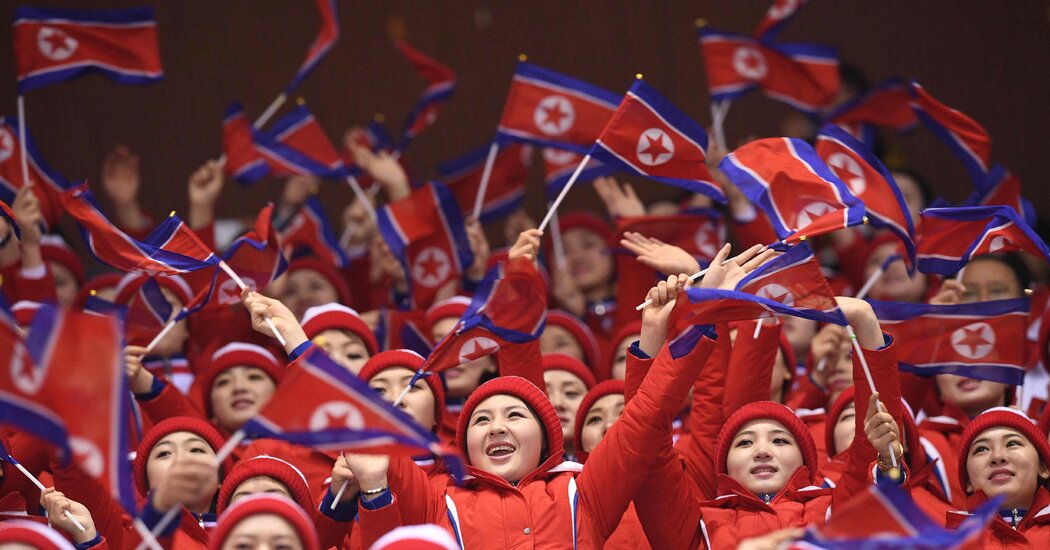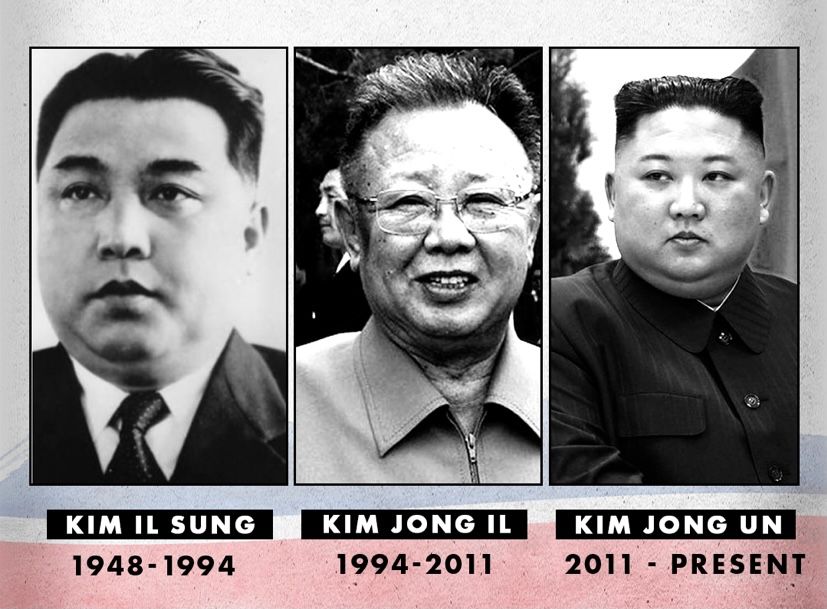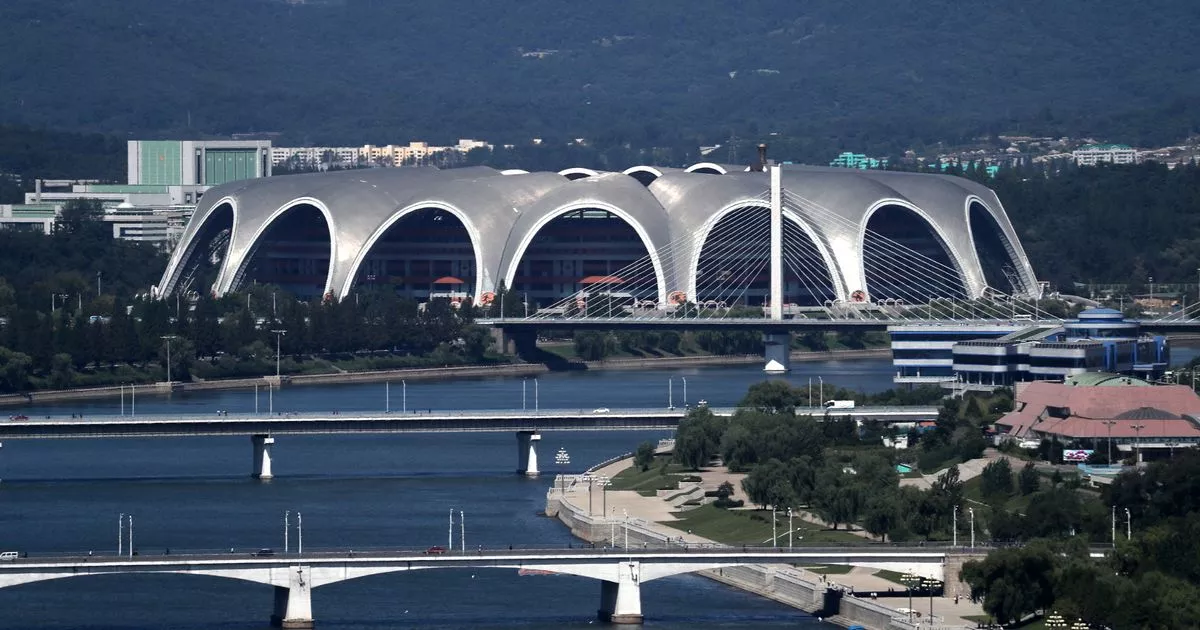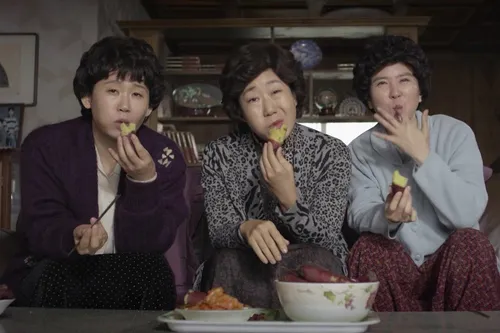Guides
Interesting Facts About North Korea You May Not Know

North Korea, a secretive nation shrouded in mystery, holds a wealth of intriguing information that often remains hidden from the world.
In a world where information is readily available at our fingertips, there exists a remarkable exception – North Korea. Living in an isolated and digital-locked realm, the people of this country experience a vastly different life. The secrecy surrounding them has captured the intrigue and curiosity of many, making it one of the most mysterious nations on Earth.
In this article, RNN delves into some fascinating facts about this unique country that you may not be aware of.
HISTORICAL FACTS ABOUT NORTH KOREA
North Korea, officially known as the Democratic People’s Republic of Korea (DPRK), is a secretive country in East Asia. It was established in 1948 after World War II, led by Kim Il-sung for almost five decades. The Korean War, which took place from 1950 to 1953, resulted in widespread destruction and a ceasefire agreement between North and South Korea. During the Cold War, North Korea aligned with the Soviet Union and China, focusing on self-reliance and developing nuclear weapons. Kim Jong-il succeeded Kim Il-sung and continued his repressive regime. Kim Jong-un, the current leader, intensified tensions with missile tests and nuclear pursuits.
The international community imposed sanctions on North Korea to address its nuclear program and human rights abuses, further isolating the country. Despite its isolation, North Korea remains intriguing due to its unique political system and enigmatic leadership.
Interesting Facts About North Korea You May Not Know
Isolated State: North Korea, officially known as the Democratic People’s Republic of Korea (DPRK), is a highly secluded country. Its strict government controls the flow of information, making it difficult for outsiders to gain insight into its internal affairs.
1. Supreme Leader’s Dynasty

Since its founding in 1948, North Korea has been led by a dynastic regime. The country’s leaders, starting with Kim Il-sung, have passed power from generation to generation, with his son Kim Jong-il and his grandson Kim Jong-un continuing the legacy.
2. Enigmatic Capital
Pyongyang, the capital city of North Korea, is a place of intrigue. It showcases monumental structures and grandiose architecture that often seem to defy logic and scale. The massive Ryugyong Hotel, standing unfinished for decades, is a prominent example of the city’s enigmatic architecture.
3. North Korea Has The World’s Largest Stadium

Pyongyang, the capital of North Korea, is home to the largest sports stadium in the world.
The Rungrado 1st of May Stadium, or May Day Stadium, can hold up to 150,000 people.
4. Access To Free Healthcare (For Kids)

The locals have free access to healthcare, as the government pays for it.
However, North Korea is going through a shortage of medicine and medical supplies. Another problem is that the nurses and doctors don’t know how to use the latest hospital equipment.
5. Military Might
North Korea maintains one of the world’s largest standing armies relative to its population size. It’s military prowess and nuclear program have drawn international attention and concern over regional stability.
6. Holidays Are Not The Same In North Korea
You might think the entire world celebrates some of the same holidays – but life in North Korea differs. People there don’t celebrate Valentine’s Day; even Christmas is not that big of a deal.
The holidays and festivities also revolve around the ruling family.
7. Limited Internet Access
The internet is heavily restricted in North Korea, with only a select few having access to a highly censored and government-controlled intranet. Most citizens are not allowed to connect to the global internet.
8. A Meal Is Incomplete Without Rice And Kimchi

Similar to South Kora, rice and kimchi are staples in North Korean cuisine; you will find them at every meal.
If you have yet to try kimchi, this is a traditional side dish of salted and flavorful fermented cabbage and radish – a must-try! You can pair it with almost anything, including noodles, rice, and more.
9. Mass Games Extravaganza
North Korea is famous for its grand Mass Games performances. These elaborate events feature thousands of performers, creating awe-inspiring displays of synchronized gymnastics, dancing, and patriotic celebrations.
10. Cult of Personality
The country’s leaders, particularly the ruling Kim family, are revered through an intense cult of personality. Portraits and statues of the Kims are widespread, and public displays of loyalty and admiration are common.
11. Limited Tourism
While North Korea allows some tourists, they are closely monitored and restricted in their movements. Tourists are usually accompanied by guides and are only permitted to visit officially approved sites.
12. Mysterious Borders
North Korea shares its borders with China, Russia, and South Korea. The Demilitarized Zone (DMZ), a heavily fortified buffer zone, separates North and South Korea and is a place of tension and intrigue.
13. Haircut Styles Require Approval
There are controls in place even for getting a haircut.
People have limited choices because they can only select from twenty-eight pre-approved hairstyles. When you roam the country, you will find that most people have similar haircuts.
14. North Korea Has Banned Blue Jeans
In North Korea, no one is allowed to wear blue jeans.
Kim Jong Un sees blue jeans as a symbol of US influence and in his ongoing battle against the dangers of American Imperialism, he decided to make it illegal for North Koreans to wear them. The rules are less clear on black jeans, but we wouldn’t risk it. Stick to a nice pair of chinos instead!
Fashion trends that are also banned include:
Mullets
Ripped denim
Spikey and dyed hair
Certain piercings
Branded T-Shirts
15. Another interesting fact about them is that they have a network of informants who monitor and report to the authorities fellow citizens they suspect of criminal or subversive behavior.
READ MORE ARTICLES:
- YouTube removes North Korean channels from its platform
- Top 10 Richest Korean Basketball Players
- Korean Actors Who Look Younger Than Their Age (Top 10)
- Top 10 Richest Korean Actors (2023)
- Best Websites for Downloading Korean Movies
